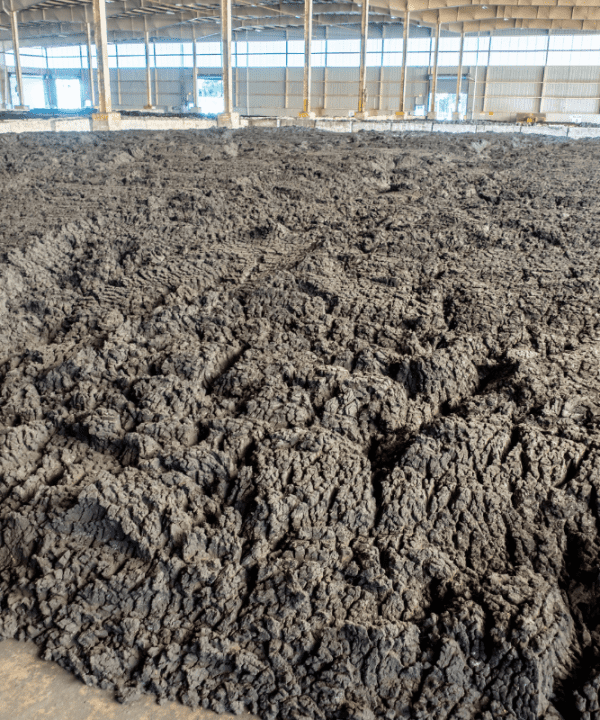
PROJECT DETAILS
- Project No 2015
- Project Name Inactivation of Cryptosporidium across the wastewater treatment train for water recycling
- Lead Organisation SA Water
- Research Lead AWQC
- Main Researcher Dr Alex Keegan
- Completion Year 2012
Project Description
Cryptosporidium is a waterborne microscopic parasite with different forms at various stages of its lifecycle. One form, the spherical oocyst, is excreted by infected people and transported in rivers and surface waters. The problem is that it is not known if oocysts found in water are dead or are alive and infectious. This leads to an overestimation of the public health risk posed by oocysts found in source waters.
This research developed an in vitro cell culture test to differentiate between dead and infectious oocysts. The immortalised HCT-8 cell line was derived from cancerous human intestinal cells. When the cells are grown in a culture vessel, they display many characteristics of normal human gut cells. It was discovered that treating oocysts with acid to mimic stomach pH and using centrifugal force to ensure oocysts contact the HCT-8 cells, live (but not dead) oocysts react as though they are infecting a human host. The oocysts ‘hatch’ the next sporozoite form of the lifecycle, and these can be counted using a microscope. This ‘infectivity assay’ gives an improved, more accurate method for quantifying risks to human health presented by unidentified cryptosporidium oocysts in water.





